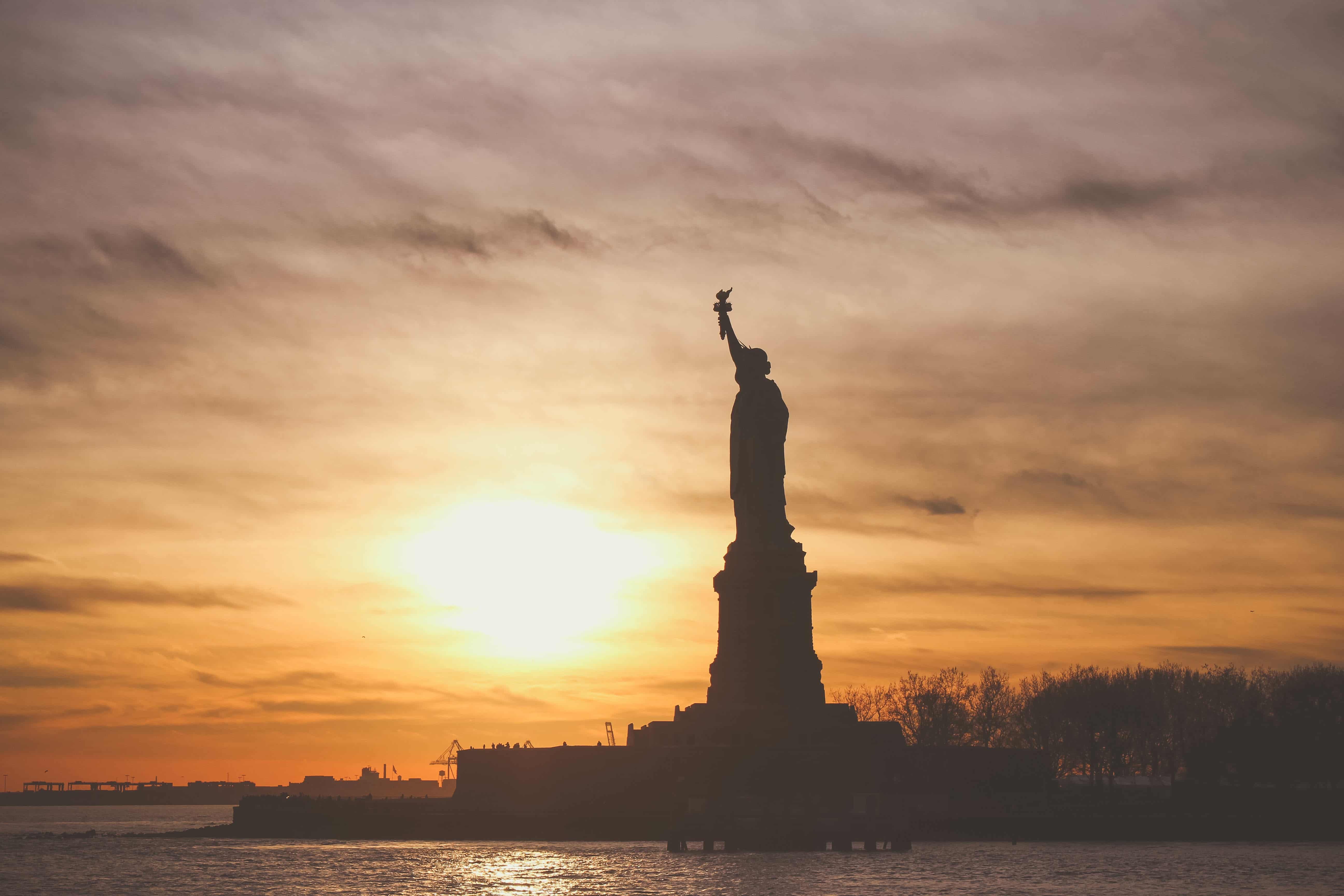The historic signing of Paris Agreement and the need for greater climate ambition

Leaders of over 160 countries are expected to sign the Paris Agreement on climate change in New York today. This is a record for an international treaty and shows that the political momentum behind tackling climate change has not waned since Paris.
The agreement will technically come into force when a minimum of 55 Parties responsible for 55% of global greenhouse gas emissions have ratified it. For a country to officially complete the ratification process they must submit an official action plan to the UN, and this must be accepted by UN Secretary General Ban Ki-moon, and deposited.
Some 160 countries representing 87% of global emissions have already submitted draft plans to the UN. These draft plans could in theory be presented to the UN without amendment, and the Agreement could therefore be come into force relatively soon. This is particularly the case given that the U.S. and China pushing for prompt ratification. This means that the agreement come into effect well before the commonly appreciated date of 2020.
As discussed here and here, the problem with current draft plans is that they are incompatible with keeping global temperatures to within safe levels. Draft plans are also of highly variable quality, clarity and ambition. Countries like Japan and Australia, among many others, would need to come forward with far more credible pledges if their climate rhetoric is to have credibility.
The ambition gap at the heart of the Paris Agreement could not have been illustrated in more stark terms by the global thermometer in February and March 2016. Two months after global leaders had agreed to make “best efforts” to maintain temperatures below 1.5 degrees, this threshold has already been breached, albeit perhaps only temporarily.
There is therefore much work to be done to address the global challenge of climate change, and this should not be forgotten amongst the pomp and fanfare today in New York.
